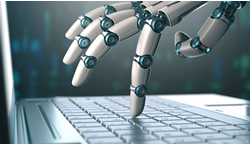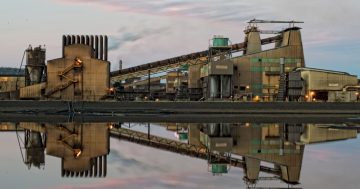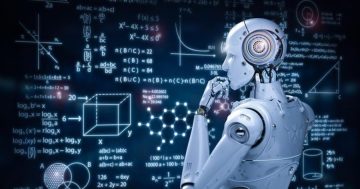 University research conducted in Canberra has found Australian workers to be comfortable with their current job security despite the growing threats posed by automation and artificial intelligence (AI).
University research conducted in Canberra has found Australian workers to be comfortable with their current job security despite the growing threats posed by automation and artificial intelligence (AI).
Data collected by the Australian National University (ANU) in its latest ANUpoll reveal that 55 per cent of people are “not concerned at all” that they might lose their job because “their employer uses machines or computer programs to replace human workers”.
Director of the ANU Autonomy, Agency and Assurance Institute, Genevieve Bell said that while this perception may be correct for the short term, people should be preparing for job changes in the long term.
Professor Bell said the 20th century saw the proliferation of new kinds of jobs and new kinds of work and the 21st century was likely to be similar.
“We have already gone through a significant transformation in industrial jobs, with the introduction of significant automation in factories and manufacturing,” Professor Bell said.
She said the next phase will be a transformation of office jobs, particularly in the legal, data and finance sectors.
“It is easier to get a machine to analyse a set of legal documents and come up with the right answer than it is to get a machine to fold laundry,” Professor Bell said.
She said according to the ANUpoll, the industries whose workers were least concerned about automation include construction (80 per cent “not at all concerned”), education and training (65 per cent) and professional, scientific and technical services (60 per cent).
She said the industries whose workers were most concerned by automation were retail, IT and accommodation/food services (all about 20 per cent “very concerned”).
The survey also found variations within industries around the degree to which automation would take effect.
“For example, in food services, someone who manages a portfolio of businesses with a high degree of client management or negotiation will have a different perception of their job security to someone who takes food orders at a restaurant, but they’re in the same industry,” Professor Bell said.
“Automation will take effect at a task level, rather than at an industry level.”
She said workers were at a turning point in history.
“There is an opportunity for us all to put ourselves back in the middle of the conversation around what the future of technology will mean for us as humans,” Professor Bell said.









